5 technologies that were recently fantastic, but now are commonplace
Categories: Technology
By Pictolic https://pictolic.com/article/5-technologies-that-were-recently-fantastic-but-now-are-commonplace.htmlThe future has already come, just not everyone is aware of it. Because they take many things surrounding us for granted. But just a couple of decades ago, people were doing fine without smartphones, mobile Internet and even mobile communications. Let's remember how it was.
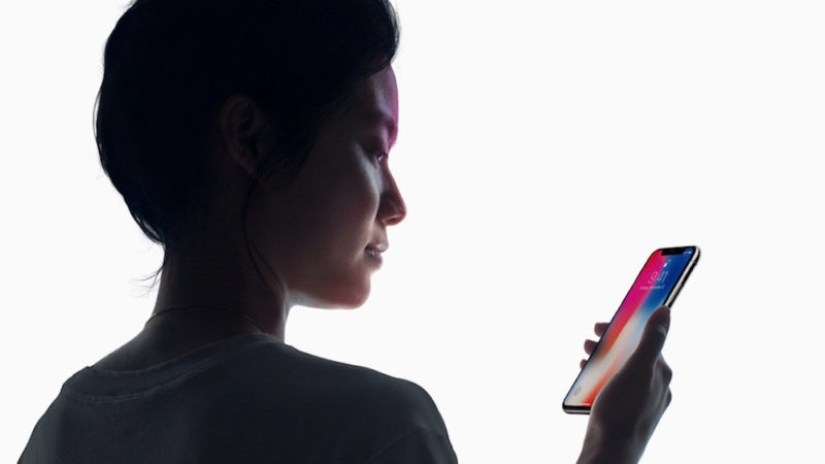 Source: KONT
Source: KONT
Mobile communication
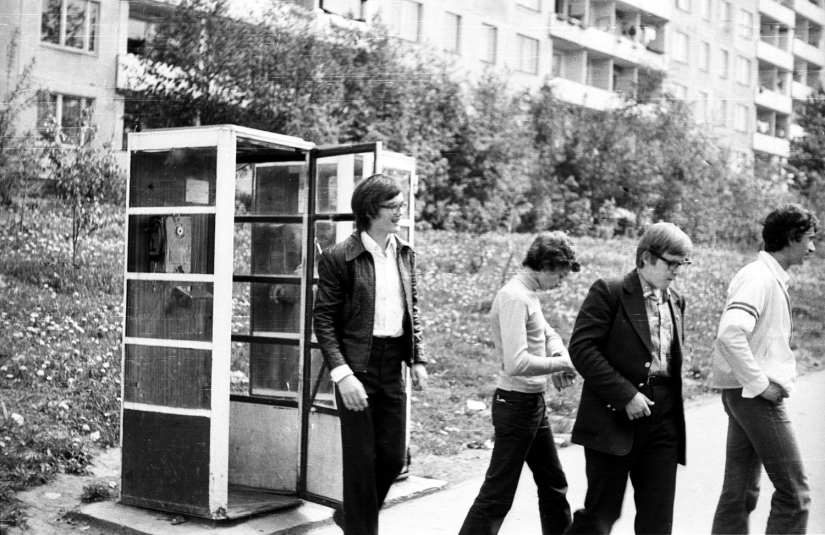
This is not such a novelty, but most of the people living today perfectly remember the times when a mobile phone was not just a rarity, but was generally absent in our lives as a device. For those who do not remember these times, I will tell you that there were telephone booths on every corner. From such a booth, anyone could call for just 2 kopecks.

Mobile communication did not appear by magic, it entered our lives very gradually. At first, both mobile phones and telecom operator services were insanely expensive.
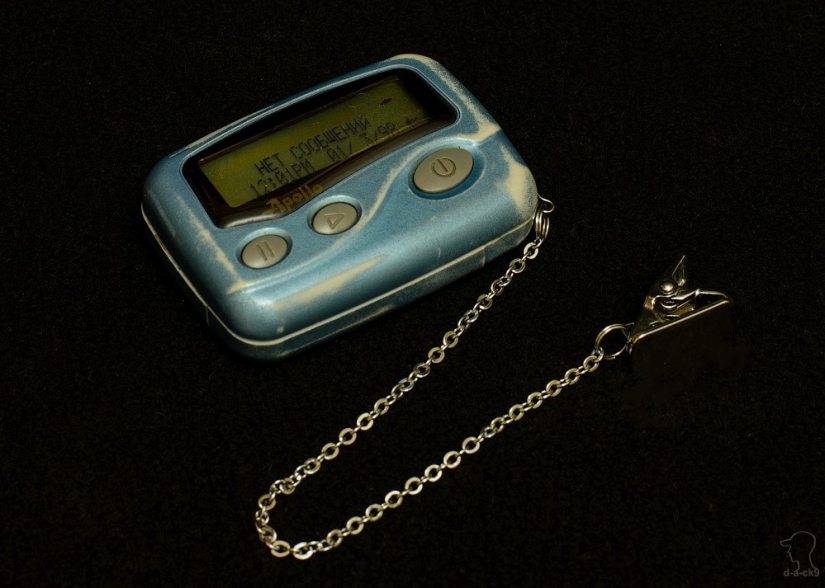
Many people used pagers — these devices allowed them to receive text messages.
Pagers were also with a direct number or with an additional one (with a lower subscription fee). If a tariff with a direct number was used, to send a message to the pager, you just had to call his number and dictate a message to the answering machine. If a cheap tariff was used, then it was necessary to call the number of the paging company, tell the operator the pager number and dictate a text message.
By the early 2000s, pagers had died out as a class, and the era of cheap mobile communications began.
Video communication
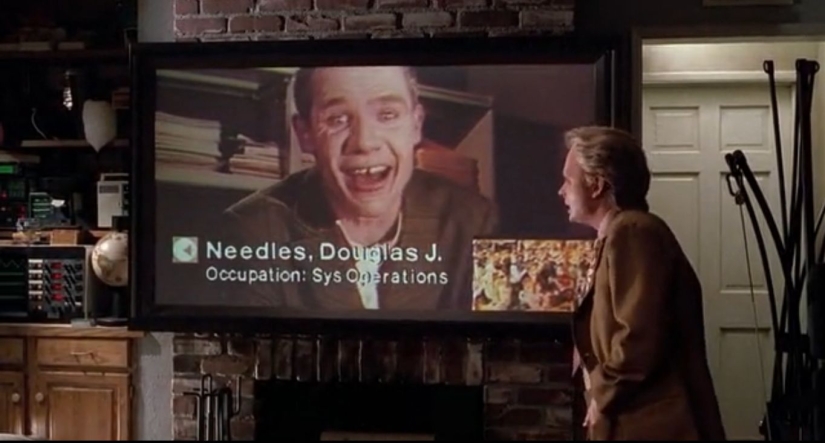
I think everyone remembers the second part of the movie "Back to the Future" — do you remember the video link? Of course, when we watched this wonderful film, we did not ask ourselves — "where is the camera?"

In January 2006, the final version of Skype for video communication was released.
Biometric access systems
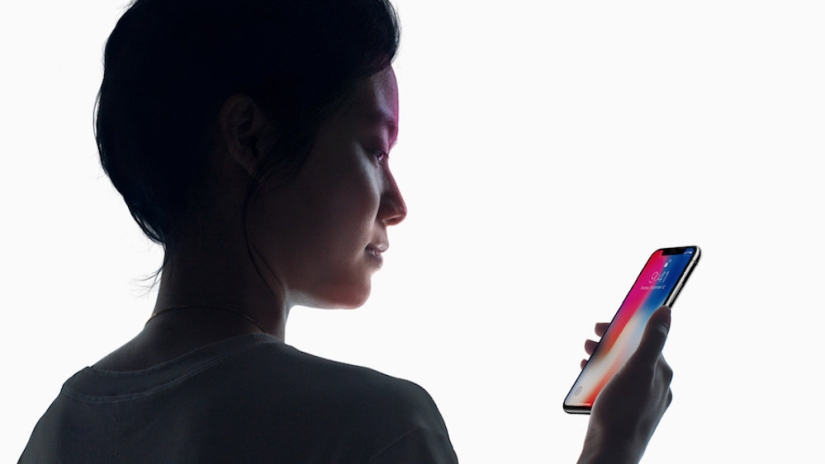
Of course, one of the favorite "chips" of sci-fi movies is scanning the retina of the eye to open sliding doors. Now you won't surprise anyone with a phone that unlocks with a nod of the owner's head.
Smartphones
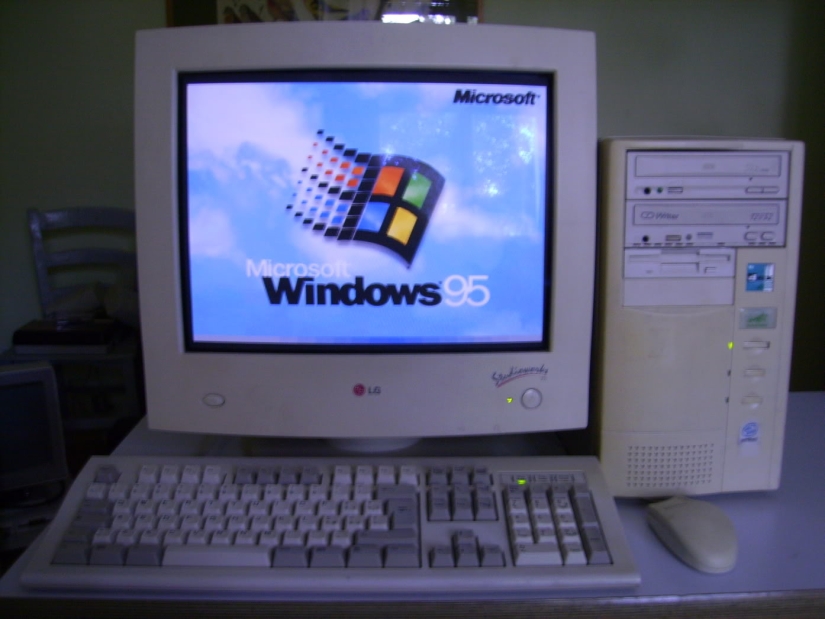
Not so long ago, cellular communication entered our lives, but a touch screen the size of the phone itself was considered fantastic until recently. And 20 years ago, a modern computer at that time was 10 times slower than the cheapest smartphone. My first (IBM-compatible) computer, bought by my parents in 1997, ran at a clock speed of 75 Mhz on a single processor core.
Now the frequency of 2 Ghz and 4 cores is considered normal (not top-end) for a smartphone. And now I suggest you compare the number of photos you take with your camera with the number of photos you take with your smartphone (I'm sure there will be users of "nutcrackers", but they can be ignored). It becomes obvious that the smartphone will soon replace much of what it has not yet learned to replace.
Mobile Internet

This future has come imperceptibly — mobile Internet has been around for a long time, but access at such a speed as it is now was a fantasy until recently. 10 years ago, it was impossible to imagine watching a movie online on a phone in public transport.
Keywords: Future | Internet | Computer | Mobile communication | Smartphones
Post News ArticleRecent articles

It's high time to admit that this whole hipster idea has gone too far. The concept has become so popular that even restaurants have ...

There is a perception that people only use 10% of their brain potential. But the heroes of our review, apparently, found a way to ...
Related articles

Many guests of the Island of Freedom, barely having time to set foot on Cuban soil, hear from the guides & # 8212; " Have time to ...

A computer mouse is the main control PC. Over the years evolved the principle of operation of the device. Before infrared gadgets ...

We believe that someday monuments to computer repair workers will appear on the squares of our cities. A lot depends on them today ...

New Year's is a time to surprise and delight loved ones not only with gifts but also with a unique presentation of the holiday ...